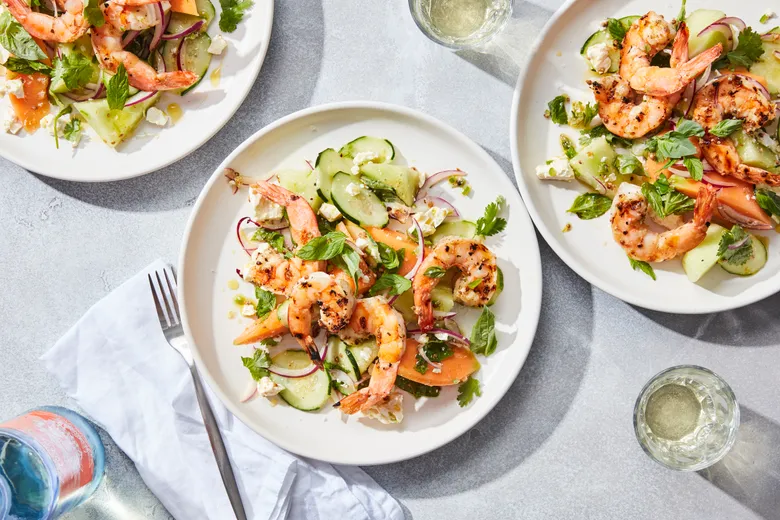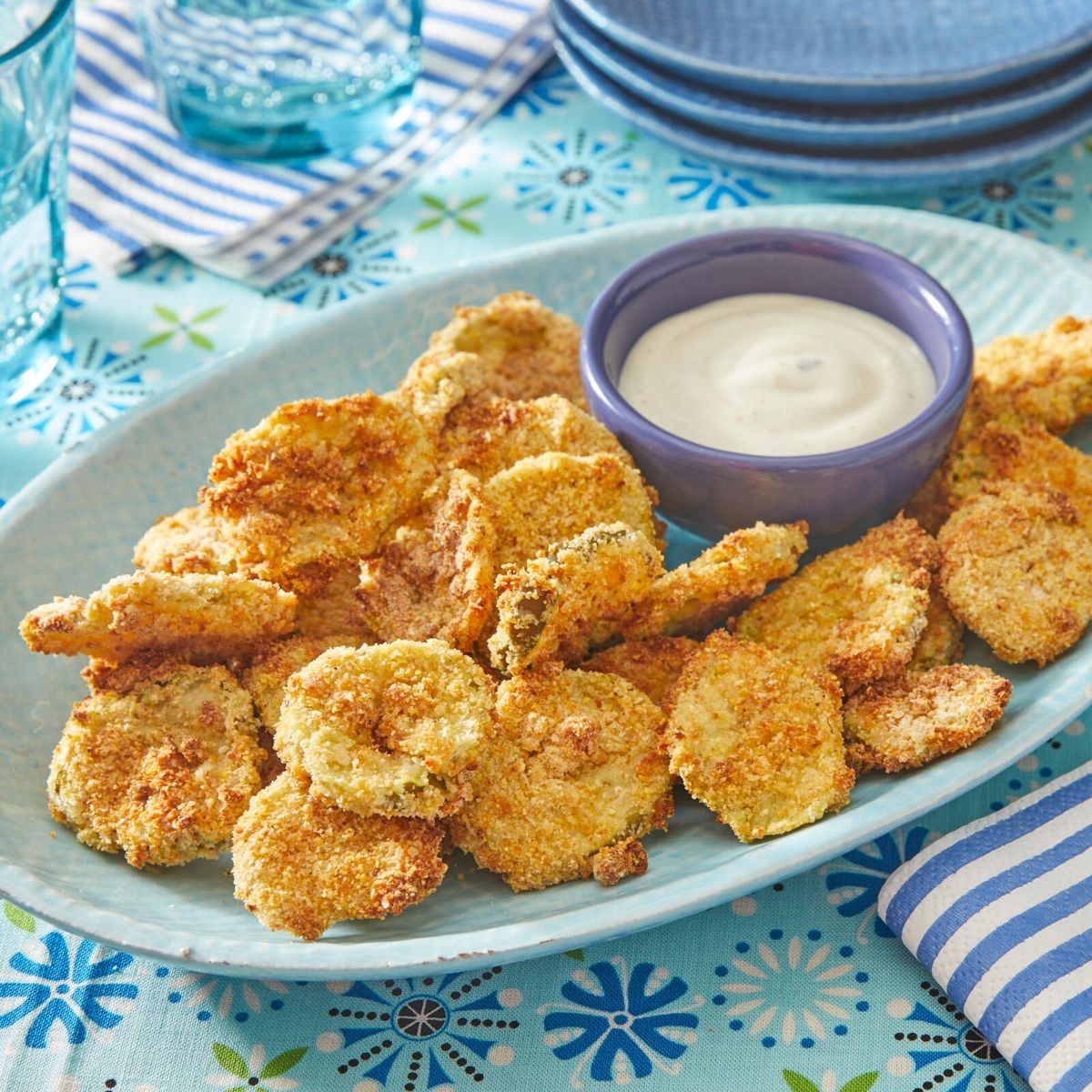These eight useful tips can help you make better choices by covering the basics of healthy eating. Having a healthy diet means eating the right amount of caloric for your activity level, which balance the energy you consume and spend. Tip of the day for balancing taste and nutrition eating more food or drinks than your body needs will cause you to gain weight since the excess energy is kept as fat. Eating and drinking too little can cause you to lose weight. You should also eat a variety of meals to make sure your body gets every nutrient it needs and that your diet is balanced. About 2500 calories (10,500 kilojoules) should be consumed daily by men. Women should eat around 2,000 kcal (8,400 kilojoules) each day. Most people in the UK eat more food than they should and should consume less.
10 Tip Of The Day For Balancing Taste And Nutrition
1. Use seasonal, fresh ingredients while cooking
In addition to improving the taste of your meals, using seasonal, fresh products means that you're receiving the most nutrients possible. To locate in-season vegetables, visit a local grocery store or farmers' market. Healthy eating may be both delicious and economical when using seasonal products, which also tend to taste better.
Read also: Daily Tips For Cooking With Kids
2. Involve the Family
It may be enjoyable and inspiring to make healthy eating a family activity. Participate in meal preparation and planning with your spouse or kids. In addition to teaching good behaviors, cooking together helps make sure that everyone is looking forward to the meals you're preparing. Allow each person to choose one item or recipe to use in the meals for the next week.
3. Add Flavor using Herbs and Spices
Food that is healthy doesn't have to be boring. Use a range of herbs and spices to enhance the taste of your food. While spices like cumin, paprika, and turmeric may improve flavor without adding additional calories, fresh herbs like basil, cilantro, and parsley can give meals bright tastes. Try out several spice mixes to see which ones work best for you and enhance the enjoyment of your meals.
4. Make Insightful Recipe Changes
Making better ingredient selections in your favorite dishes may also contribute to healthy eating. Use avocado or apple sauce in place of butter when baking, use whole wheat flour instead of all-purpose flour, and substitute Greek yogurt for heavy cream in sauces and soups. These few changes may boost the nutritional value of your meals while drastically lowering their calorie load.
5. Make Snacks That Are Balanced
Eating too much at mealtime may be avoided by consuming nutritious snacks to help fill the time between meals. Select snacks that are high in fiber, protein, and good fats. Nuts and seeds, Greek yogurt with fruit, or healthy grain crackers with hummus are great choices. When hunger hits, having these well-balanced snacks on hand will help you make wiser decisions.
Read also: Cooking the Perfect Paneer Corn Chowder
6. Make a Meal Prep Plan
Meal preparation is one of the best strategies to make sure you follow a healthy eating plan. Allocate a few hours per week to meal preparation. Prepare a batch of lean meats, such tofu or grilled chicken, and serve them with good grains and a range of veggies. Throughout the week, keep these ingredients in separate containers so you can easily access a wholesome dinner. In addition to saving time, meal planning helps you resist the urge to make poor last-minute decisions.
7. Include More Vegetables and Fruits
The foundation of a nutritious diet is made up of fruits and vegetables. At each meal, try to have half of your plate full with these vibrant items. Try roasting, steaming, grilling, or eating them raw for variation. Include them in your meals by mixing veggies into soups and sauces, adding berries to your morning yogurt, or adding leafy greens to your sandwiches. To keep things interesting, try different recipes and seasonal fruit.
8. Opt for Whole Grain Instead of Refined Grains
Whole grains are a better option than refined grains since they are higher in fiber, vitamins, and minerals. Choose whole wheat, barley, quinoa, and brown rice over their white equivalents. Whole grains make you feel fuller for longer and provide you steady energy. For more texture and nutrition, try using whole grain pasta instead of white spaghetti or adding quinoa to salads and bowls.
Read also: Cooking the Perfect Paneer Corn Chowder
9. Eat breakfast every day.
Some individuals believe that skipping breakfast will aid in their weight loss. However, a nutritious breakfast that is low in fat, sugar, and salt and rich in fiber may help you obtain the nutrients you need for optimal health and can be a component of a balanced diet. A breakfast that is both healthy and tasty is a wholegrain cereal with a lower sugar content, topped with fruit, and served with semi-skimmed milk.
10. Avoid being thirsty
You need to drink a lot of water to avoid being thirsty. According to the law, you should drink up to eight glasses a day. This is in addition to the fluids you get from your food. You may drink anything that doesn't have alcohol in it, but water, low-fat milk, and drinks with less sugar, such tea and coffee, are better for you. Stay away from sweet sodas and carbonated drinks since they have a lot of calories. They also hurt your teeth. You may find free sugar in smoothies and fruit juices that aren't sweetened. You shouldn't drink more than 150ml, or a tiny glass, of fruit juice, crop juice, or smoothies per day. Be sure to drink more water when it's hot or while you're working out.
Conclusion on Tip Of The Day For Balancing Taste And Nutrition
It just requires careful thought and a little effort to strike the ideal balance between flavor and nutrition. Small everyday changes may result in long-term healthy habits, such as picking colorful vegetables to bring color to your plate, replacing sour cream for Greek yogurt, or adding herbs in place of excessive salt. Keep in mind that eating should satisfy your taste senses and nurture your body. You may eat tasty and healthful meals every day if you adhere to a few easy, doable rules. Continue to be consistent, try out healthy parts, and let each mouthful to lead you toward a more balanced way of living.
FAQ's: Tip Of The Day For Balancing Taste And Nutrition
What are some good nutrition tips?
- Base your meals on higher fibre starchy carbohydrates.
- Eat lots of fruit and veg.
- Eat more fish, and those that are oily.
- Cut down on saturated fat and sugar.
- Adults shouldn't have more than 6 grams of salt per day.
- Get active and be a healthy weight.
- Do not get thirsty.
- Do not skip breakfast.
What are 10 tips for good health?
- Eat a healthy diet.
- Consume less salt and sugar.
- Reduce intake of harmful fats.
- Don't smoke.
- Be active.
- Check your blood pressure regularly.
- Follow traffic laws.
- Take antibiotics only as prescribed.
What is a healthy daily meal plan?
A good diet: places a focus on fruits, vegetables, whole grains, and dairy items that are low in fat or fat. consists of fish, poultry, lean meats, beans, eggs, and nuts. limits salt, added sweets, and saturated and trans fats.
What are the 3 pillars of good nutrition?
Protein, carbs and fats are the three main components of a balanced diet. These must be included in your diet. I'll go over each of these food categories and explain how include them in your diet may improve your overall health.


.jpg)



